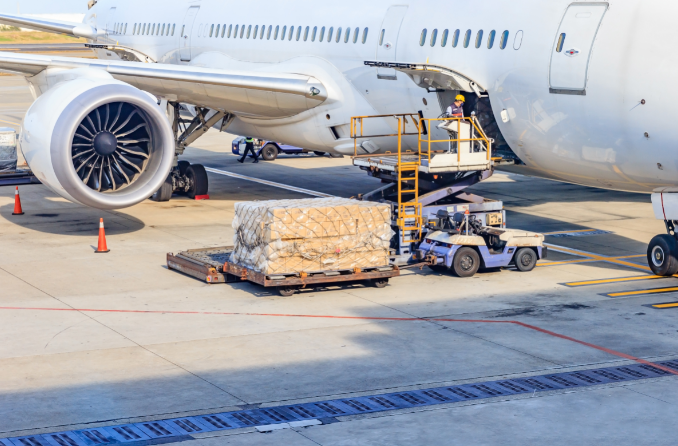
A sharp fall in passenger air flights, following the resumption of lockdown measures across Europe, is squeezing the air freight market in a repeat of scenes from the first wave of the coronavirus in March.
Passenger flights typically carry about half of the world’s air freight in their belly holds.
However, a new round of global lockdowns – combined with a boom in ecommerce and peak holiday season demand – has sent freight rates soaring, according to Reuters
Capacity gap
This has led to a 20% gap in capacity, cargo advisory lead at Accenture’s Seabury Consulting Marco Bloemen told Loadstar.
This in turn has driven up the cost of air freight, with European forwarders saying rates are hitting $10 per kg.
More predictable
However, one forwarder said the latest lockdowns were “more predictable” and that “we know what is happening, what the restrictions are and what the protocol is”.
The peak of the pandemic in March and April saw air freight rates spike as countries rushed to import PPE by air.
The Daily Update reported at the time that airlines including Air France-KLM-Martinair, Lufthansa, United, Delta and Cathay Pacific loaded priority cargo onto passenger seats and in stowage space. This included medical supplies and PPE.
Reasons to be cheerful
Despite the despair over the second lockdown, the FT reports that there are reasons to be more optimistic this time round.
Measures to counteract the second wave have been introduced at an earlier stage in the surge of cases and should cause less economic harm.
The FT says that the level of infections, while high, is likely to be lower than in March. There is also evidence that the second wave is already slowing.
Economists think the economic effects of this autumn’s lockdown will be less harsh, with some sectors – such as manufacturing, education, and construction – still up and running.
With hopes that restrictions will end in December, consumers may be more likely to simply postpone spending than to cancel it.



